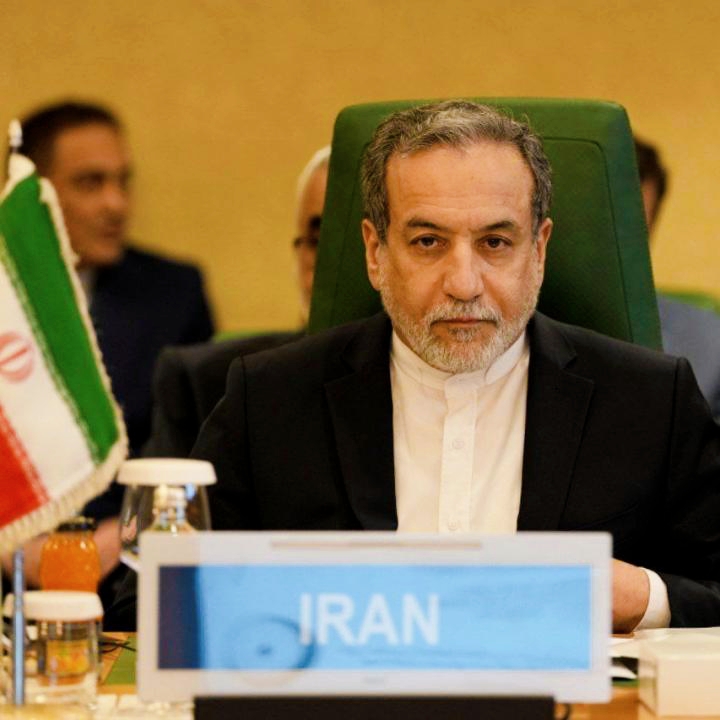Iranian Foreign Minister Abbas Araghchi confirmed today, Tuesday, that negotiations with the United States have reached a complete deadlock, following the re-imposition of UN sanctions on Iran.
Araghchi stated in remarks reported by local media that his country had presented various proposals and held multiple meetings with the European troika (France, Germany, and Britain) on the sidelines of last week's United Nations General Assembly meetings in New York, but failed to reach a settlement due to Washington's excessive demands and the cooperation of European countries with it.
He explained that activating the "snapback mechanism" was aimed at pushing Iran to make concessions that he described as "unreasonable" and "impossible," emphasizing that his country made genuine efforts to reach an agreement but faced harsh American and European conditions.
At the same time, he called on the Iranian people to confront the political and strategic repercussions of the sanctions, stressing that these sanctions will have significant impacts on Iran and must be dealt with wisely.
In a related context, Iranian President Masoud Bezhakian described last week the American demands as "unacceptable," pointing out that Washington demanded Iran to hand over all enriched uranium in exchange for a three-month delay in sanctions, calling this demand "ridiculous."
Bezhakian added that Iran would prefer the "snapback mechanism" over making illogical concessions.
These statements come after a failed Russian-Chinese attempt last week in the UN Security Council to postpone the re-imposition of sanctions, where only four countries voted in favor of the postponement, allowing for the activation of the "snapback mechanism."
In response to this step, Tehran hinted at suspending its cooperation with the International Atomic Energy Agency, with which it signed a new agreement in Cairo on September 9.
High-level talks intensified in New York last week, where French President Emmanuel Macron met with the Iranian president in an attempt to find a solution, but it did not lead to results.
For their part, the European troika countries demanded that Iran grant International Atomic Energy Agency inspectors full access to all nuclear facilities and resume negotiations with Washington, along with adopting a mechanism to ensure the security of enriched uranium stockpiles.
Iran rejected these conditions, asserting that its nuclear program is peaceful and that these demands represent unfair pressures.
The repercussions of the return of sanctions continue to affect Iran's political and strategic situation, amid increasing tensions in the region, with calls for cautious handling of developments.

